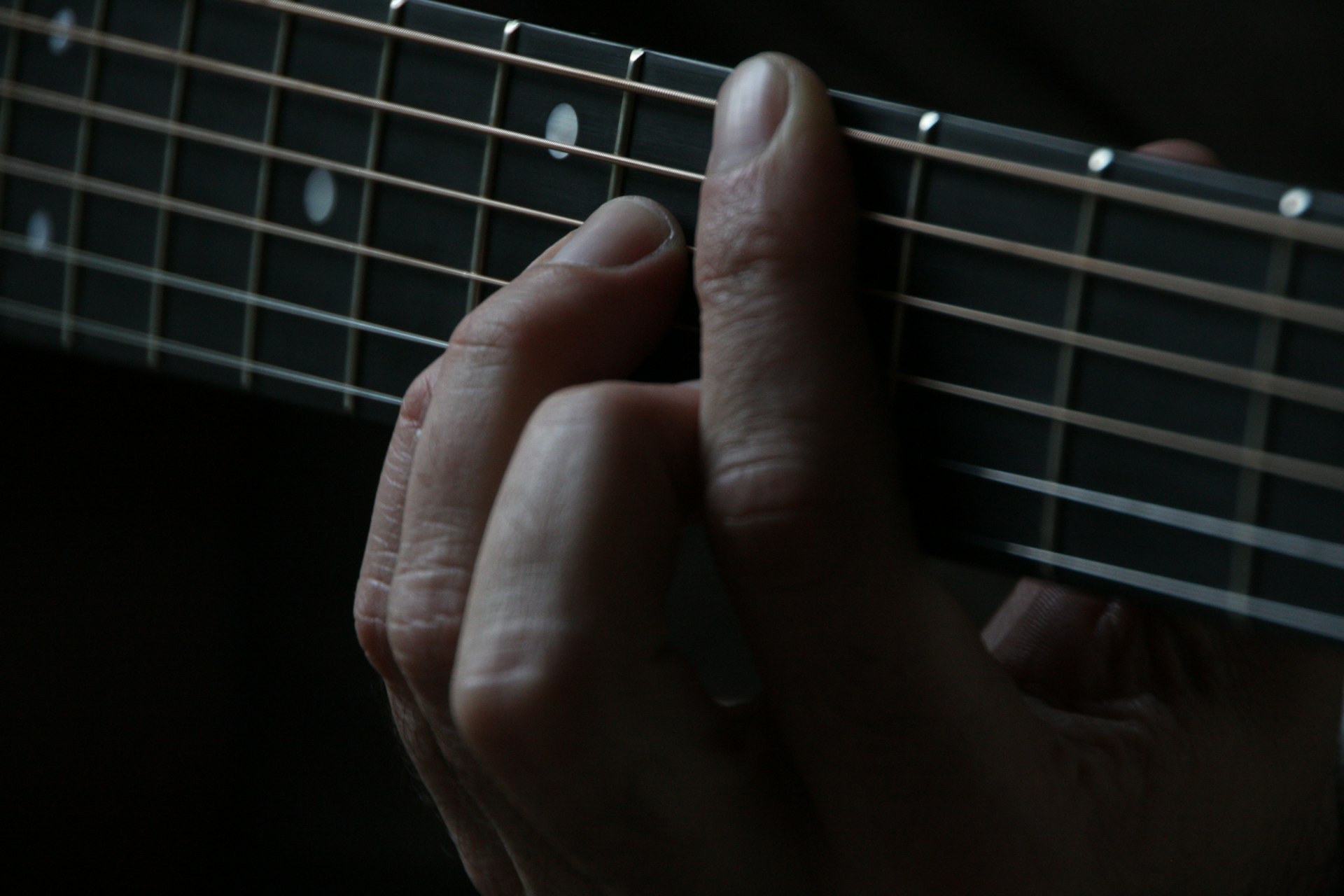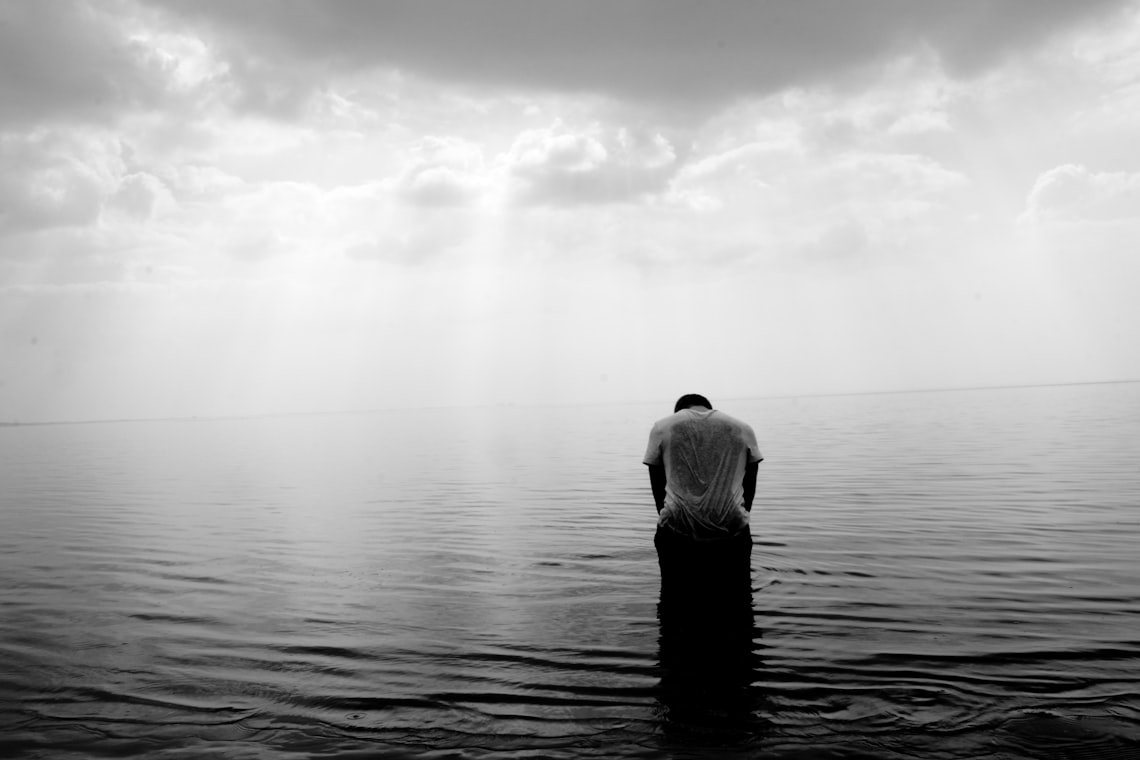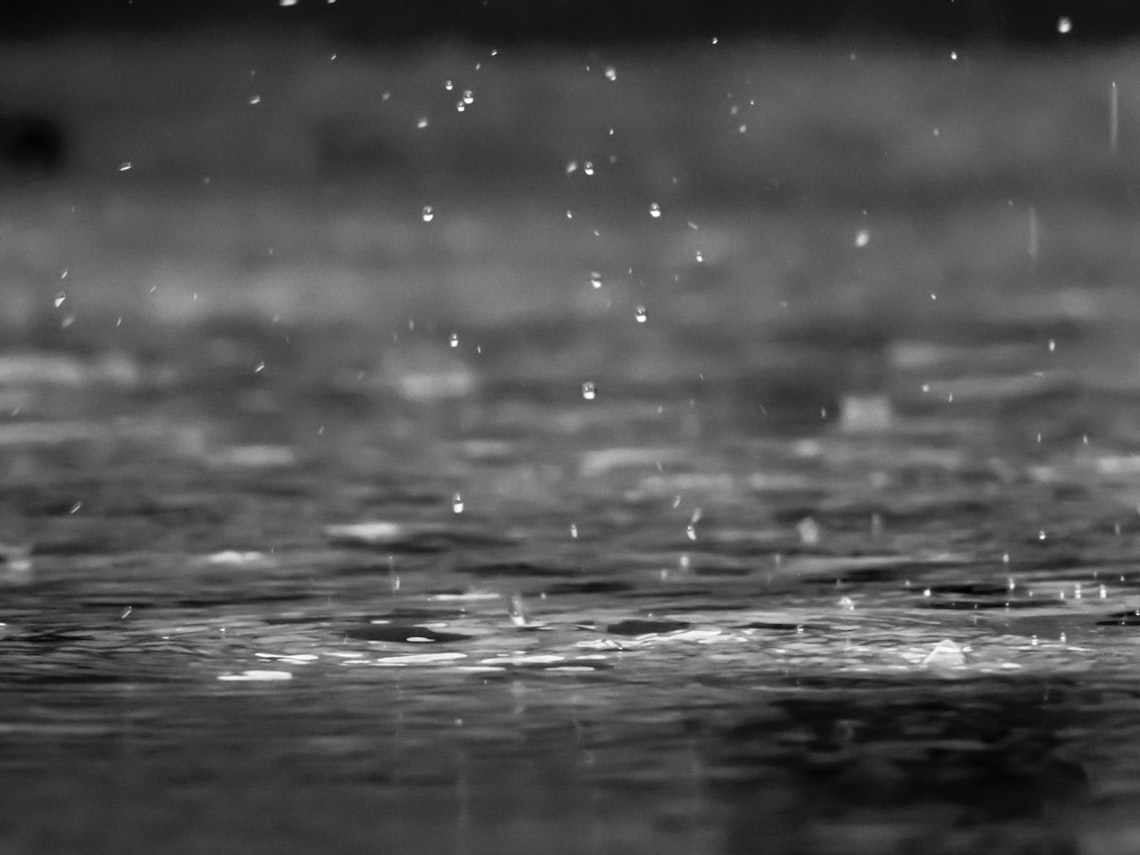Every creative has heard this phrase, "Practice Makes Perfect," and whoever made this quote single-handedly ushered the era of perfectionism in creative work. And, from first-hand experience, this mindset is dangerous.
I have practiced to the point of "perfection", but I never, and will never ever reach it. I still make a lot of mistakes when I perform, I make more mistakes while recording, and I stop writing the first draft of my song because I'm afraid it won't be perfect.
Then another quote will comfort creatives in times like these: "Don't worry, nobody is perfect." There comes a paradox, and a pun: "so why practice?"
These quotes and puns when thrown at me are quite cringe and annoying, to be honest.
But for me, practice is still what separates the experts from the amateurs, from the professionals to the hobbyists. It is not talent, but the practice that defines the consistency and technique of a creative.
Like me, you may be experiencing creative blocks or the more famous "Writer's Block", but I think, we just lack practice. Or specifically, deliberate practice.
Deliberate Practice
Angela Duckworth has an entire chapter dedicated to Practice in her wonderful book Grit: The Power of Passion and Perseverance. I highly recommend this book to all creatives who are suffering a slump right now in their creative output.
According to the book, Anders Ericsson coined the term deliberate practice and how it relates to the grit and effort of an expert before achieving flow. They both concluded that experts don't just practice, they practice differently.
Imagine I play the guitar, and I practice the same D-A-G-A chord all over again and achieve 10,000 hours of mastery and expertise. Will I be an expert? Yes, of the D-A-G-A chord, but not of the guitar.
It's the same way for us common people when we desire something that we want to be good at, yet keep practicing just for the sake of practicing. Hoping that the hours we put in will make us better creatives.
But the book says that what the experts do differently than us common people do is deliberate practice. This science has four, unremarkable requirements:
• A clearly defined stretch goal
• Full concentration and effort
• Immediate and informative feedback
• Repetition with reflection and refinement
To become an expert in our desired field, it should be ingrained in our minds to always aim for something higher that we still can't do yet and put the work in it with full concentration. Then ask informative feedback, then repeat and refine until that particular goal is now repeatably met without a miss.
Our minds, bodies, and abilities have reached a higher state, and through this continuous deliberate practice, we are able to progress a little bit faster, and we become inch and inch closer to being experts in our chosen specialty.
This is why to become a better singer, I always record myself singing, to see if I am any closer to my desired goal of clean execution of a phrase, and the (awful) recording gives me immediate and informative feedback on what I need to do next. Then I repeat recording and continually reflect and refine my (awful) skills until I master it to the point that I finally hear that I achieved my goal. This can also be applied to painters, poets, writers, arrangers, photographers, and any other creative work.
This is the point also where perfectionism creeps in and kills this creative process of deliberate practice. What if our work never seems to improve? Do we set the standards too high? I don't think so.
I believe when we travel upward to the sky and extend our standards so high, what we will see in the pinnacle is not perfection, but permanence.
Practice doesn't make perfect; practice makes permanent.
Unconscious Competence
Here's one of my favorite excerpts in the book and how it reinforced my perception completely about deliberate practice:
"This is how experts practice, ... First, they set a stretch goal, zeroing in on just one narrow aspect of their overall performance, ... Then, with undivided attention and great effort, experts strive to reach their stretch goal, ... As soon as possible, experts hungrily seek feedback on how they did, ... And after feedback, then what? Then experts do it all over again, and again, and again. Until they have finally mastered what they set out to do. Until what was a struggle before is now fluent and flaw-less. Until conscious incompetence becomes unconscious competence."
- Angela Duckworth, in her book Grit: The Power of Passion and Perseverance
Finally, someone able to put into words the feeling of being able to do fast guitar licks, create lyrics and poems and set into music, to be able to take photos in its correct exposure and white balance, the feeling of being lost in your paintings and just making sense of the colors and making it work, in other words, the state of Flow.
I encounter people asking me how it is "easy" for me to do complex guitar licks and all while singing. I find it hard to explain, but you know what, it was never easy for me. I just get used to it. The thickness of the callous in my fingers, the strain in my wrist with prolonged intense playing, the time exchanged from watching TV to perfecting a 30-sec passage for two hours until I fall asleep that no one will probably catch and appreciate.
Looking back, I haven't developed any skill in playing mobile or strategy games, neither cooking nor carpentry, neither grammar nor diction. I just exchanged all of that time dedicated to playing guitar 3-6 hours a day, constantly pushing the limits of my fingers emulating my heroes. And after 18 years, I'm still nowhere near my heroes!
But achieving the state of Flow– a state of unconscious competence, that "being in the moment" where everything just falls together in time and in tune, that sheer exhilaration of joy that, at that moment, nothing mattered but the pure enjoyment of your craft– requires the foundation of hours of deliberate practice.
It's like building stairs to the rooftop. The daily cutting, refining, and stacking of slabs of wood of deliberate practice are never easy. But once we fixed our eyes to the reward in the rooftop where we can see the magnificent view, we can continue to push forward stacking up those deliberate practices, until we achieve the summit, and we can be in the moment, knowing that this moment is not a singular event, but a culmination of all the hard work before.
Practice Makes Permanent
I believe, the goal of practice is not perfection, but permanence. Bob Kauflin says,
"The goal of practice is not doing something until you get it right. It's about doing something until you cannot get it wrong."
Even the most "perfect" wonders of the ancient world crumbled into obscurity when faced with erosions, earthquakes, and fire. What creatives like you and me really desire is the lasting effect of our creative work, the timelessness, the permanence.
Imagine the Pyramids of Giza, still standing after four and a half millennia. The Ketef Hinnom Scrolls benediction is still being delivered word for word to believers after two and a half thousand years. The Hark The Herald Angel's Sing is still being sung by today's children after three centuries, and the sheer truth and melody of that song still stir up hope and joy from within when heard and sung. The songs of the Beatles are still being remixed and revived by young musicians after sixty years. Are these things perfect? Not at all, but they are permanent.
Perfection in our craft is a non-existent fact and a futile endeavor. Our work as creatives doesn't need to be perfect, it just needed to be.
And we commit to the hard work of deliberate practice, knowing that these are the foundational blocks for skills to be permanently ascribed in our hands and being, ultimately culminating in a state of flow, the moment where nothing matters but the joy of being on top of the craft that once captured our hearts and committed our lives to, and being able to turn it in a finished work of art as a permanent gift to the world.
So, let us remove the pressure or timing to be perfect in what we do. Remember, practice make permanent.
Let's go practice!






